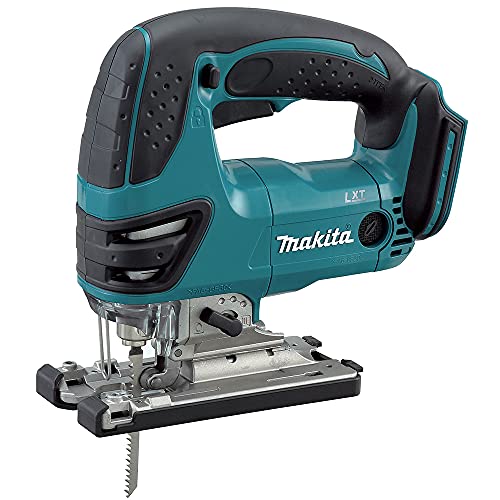Except you are not repeating. Repeating means saying the same thing again, and you are not doing that. You are adding extra information to your first answer "should be fine", which qualifies and puts bounds on that answer "As long as".
You are now in exactly the same position as the post with which you appear to be attempting to correct.
In the diagram, in order for there to be no effect on the strip, the 0.3mm measurement has to be constant between blades. That is something either to look up from the manufacturer's data or to measure yourself.


















